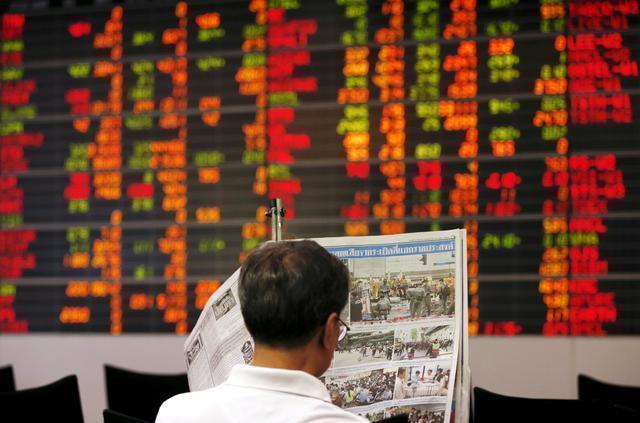The Minimum Wage Determination Commission held its third meeting yesterday. The minimum wage proposal from the employee side, the Confederation of Turkish Trade Unions (TURK-IS), is TRY 9,000, according to TURK-IS President Ergun Atalay. “We won’t be at the table if the figure is below TRY 9,000,” said Atalay. Sources also told daily EKONOMI that the employer party and the government didn’t submit their minimum wage proposals, despite a statement made by Labor and Social Security Minister Vedat Bilgin about a possible compromise at the third committee meeting. They also said the Turkish Statistical Institute (TurkStat) didn’t submit the necessary calculations. The employee side demanded at the second commission meeting a calculation of the cost of living based on The cost necessary for a worker to meet his daily calorie need.
Inflation will remain high during the next year due to the war, elections, unorthodox economic policies, and difficult conditions for global investors, according to Columbia University Professor Jeffrey David Sachs. He stated that the war in Ukraine has ironically made a positive contribution to Turkey to a certain extent but its reflection on the economic outlook has been negative due to general effects and uncertainties. Sachs also emphasized that he is always optimistic about Turkey’s medium-term potential.
All eyes are on the relevant sectors and the lack of cohesion policies now that the European Union (EU) has announced that the Carbon Border Adjustment Mechanism (CBAM) will become operational on October 1, 2023. Uncertainties such as the scope of the Emissions Trading System (ETS), measurement criteria, and certification makes it hard for the private sector to predict how the legislation will impact business. Business world representatives said that carbon-intensive industries such as iron steel, cement, fertilizer, electricity, and aluminum will be affected by the CBAM in the first stage. They emphasize that uncertainties should be eliminated, and Turkey should immediately set up its ETS so that carbon taxes remain in the country.
Turkey’s benchmark stock index ended yesterday at 5,419.02 points with an increase of 0.50%, hitting another all-time high. Borsa Istanbul’s BIST 100 index, which also broke an intraday record of 5,445.92 points, gained 27.11 points from the previous close with a daily trading volume of TRY 137.4bn. Global equity markets have had a downward course with increasing concerns over recession due to central banks’ tightening steps while volatility may rise with the impact of transactions by investors who want to close their positions before the Christmas holiday, according to analysts. They said the domestic markets continue to positively differentiate but also warned of the possibility of decreasing profits despite the expectation of an upward trend. Analysts also stated that 5,350 points will be the support level and 5,430-5,50 points will be the resistance level for the BIST 100 index, in technical terms.
DAILY AGENDA
The Agricultural Input Price Index jumped 134.76% in October, compared to the same month last year, according to TurkStat. The index rose by 2.68% on a monthly basis.
Meanwhile…
>> The revaluation rate for the Motor Vehicle Tax (MTV) has been set at 61.5% for 2023, according to the Official Gazette. The decision will enter into force on January 1, 2023. President Recep Tayyip Erdogan has used the power of reduction. If Erdogan hadn’t used the power of reduction, the rate would hit 123%.
>> The share of FX deposits, which exceeded 70% in December 2021, has fallen below 50%, according to Treasury and Finance Minister Nureddin Nebati.
>> Glass company Sisecam will make a EUR 228m investment in Mersin for a capacity increase to meet the rising energy glass needs around the world.
>> Turkey’s defense exports broke a record of over USD 3.7bn in January-November, according to the Turkish Exporters Assembly (TIM). The figure totaled USD 3.2bn in 2021.
READ A SELECTED ARTICLE FROM OUR MAGAZINE:
>> Why should foreign investors come to Turkey?
Our Eco Analysis Columnist Alaattin Aktas addresses the reason for the decline in foreign direct investments and portfolio investments in Turkey.










